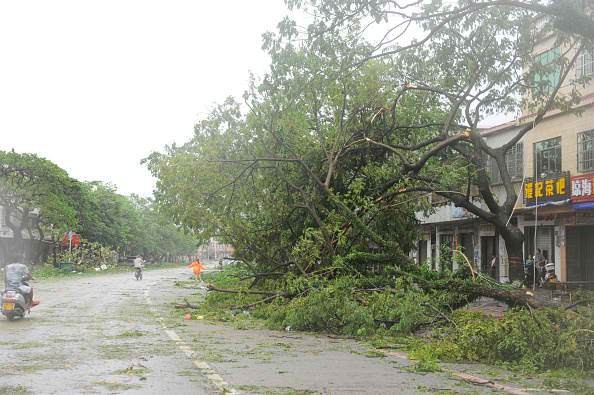Communities and businesses affected by floods in central and southern China are still struggling to rebuild their lives from the second costliest disaster in 2016, according to an article by Reuters.
The floods incurred a total damage of $20 billion, but only 2 percent of the people living in central and southern China are covered by insurance.
It’s a stark contrast with the situation in Guangdong Province. Insurance payout has significantly helped locals recover from the damage Typhoon Haima has left the region. This fast recovery is attributed to the new insurance scheme promoted in the province that aims to protect Guangdong Province from losses by rain and tropical storms.
Despite the fact that China ranks second as the country most affected by natural disasters, a majority of Chinese remain uninsured against such situations. This was most evident during the 2008 Sichuan earthquake, where only 0.3 percent of the people affected were covered by insurance as shown by data from Lloyd’s of London.
Now, Chinese government officials are calling for the creation of a national policy to help promote natural disaster and earthquake insurances all over the country.
“The local government, academics and the insurance industry all believe China should have a national policy to develop a natural disaster insurance scheme,” Wang Ming, a professor at Beijing Normal University’s Academy of Disaster Reduction and Emergency Management, told Thomson Reuters Foundation.
One of the latest moves is by the China Insurance Regulatory Committee and the China Earthquake Administration. An agreement has been struck between the two bodies to create and promote earthquake insurance systems in China.
Heilongjiang Province has also taken a leaf out of Guangdong Province’s book by adapting a pilot insurance scheme to protect locals and their assets.
According to Swiss Re, the programs in the two provinces account for the largest insurance schemes of its kind in China, with a total coverage of $680 million, which will be shouldered by Swiss Re.
To trigger policy claims, the schemes in Guangdong and Heilongjiang Provinces will use technology to monitor rainfall and tropical cyclone wind speed indices, according to Reuters.
“Payouts would occur when the index is triggered and reported. With the traditional mechanism, the actual losses would need to be verified before claims can be settled,” shared Gary Wei, head of Global Partnerships China at Swiss Re.
“This makes the process quicker as it no longer relies on surveys and lengthy damage assessments," he added.



























